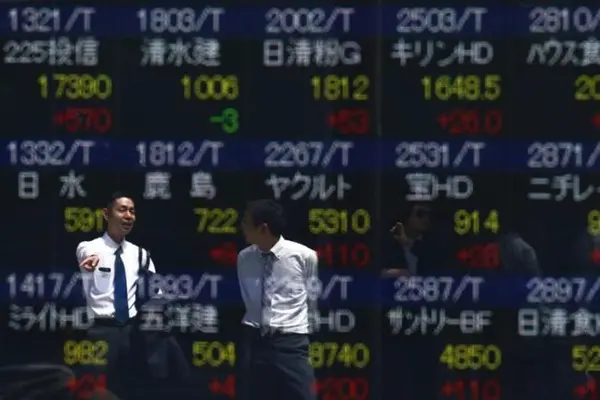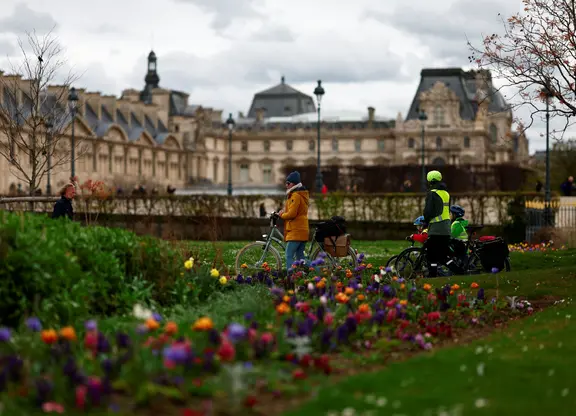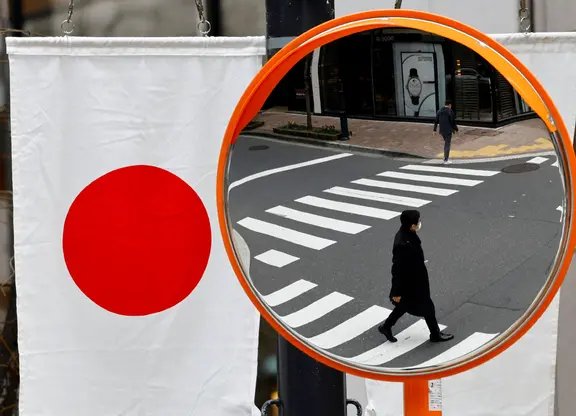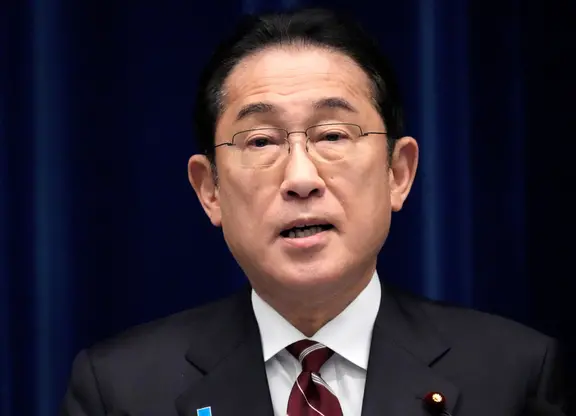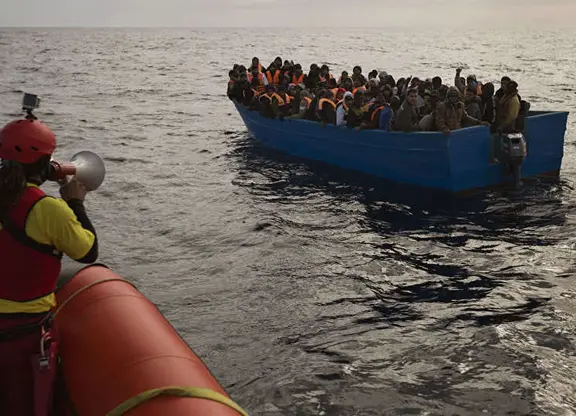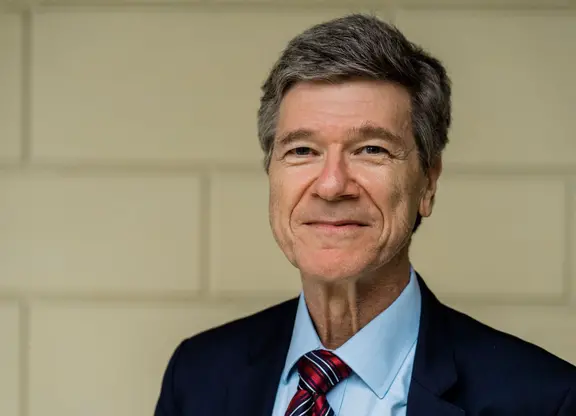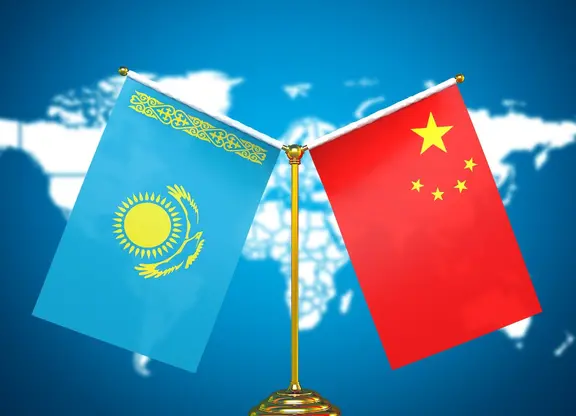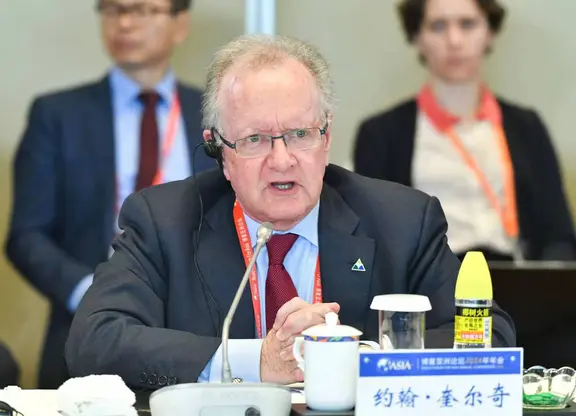The Cannes film festival made a dramatic show of support for dissident directors in Iran and Russia Thursday as it unveiled a highly political selection that mixed grit and glamour.
Festival director Thierry Fremaux included films by Iranian director Jafar Panahi and his Russian counterpart Kirill Serebrennikov in the competition for the top Palme d'Or prize -- even though neither can leave their country.
He pleaded with authorities to allow Panahi, who is under a travel ban, and Serebrennikov, who is under house arrest, to be allowed to fly to the French Riviera resort next month to show their new films, "Three Faces" and "Leto".
US director Spike Lee's movie about a black policeman who manages to infiltrate the Ku Klux Klan, "BlacKkKlansman", starring Adam Driver of "Star Wars" fame, also made the line-up of 17 films, which includes the latest offering by veteran provocateur Jean-Paul Godard.
Other stars set to walk the red carpet this year include Penelope Cruz, Xavier Bardem, Marion Cotillard and Andrew Garfield.
In a year when the movie industry has been dominated by the #MeToo movement, only three women directors made the selection: Lebanon's Nadine Labaki for "Capernaum", France's Eva Husson for "Girls of the Sun" and Italian Alice Rohrwacher with "Lazzaro Felice".
However, the jury that decides the Palme d'Or will be headed by Australian actress Cate Blanchett.
Four Asian films are in the running, led by "Ash is Purest White" from Chinese creator Jia Zhangke and "Shoplifters" by Japan's Hirokazu Kore-eda.
A documentary about the pope by the German master Wim Wenders "Pope Francis: A Man of His Word", will also be shown, but not in the main competition which runs from May 8 to 19.
"Solo: A Star Wars Story" -- the latest "Star Wars" spin-off film focusing on Han Solo -- will also grace the festival's red carpet ahead of its release in France and the US.
Netflix boycott
The announcement of the line-up came just hours after streaming giant Netflix dramatically pulled out of the festival after a row with its organisers.
The US platform withdrew four films which were rumoured to be in the running to compete for the Palme d'Or, including Paul Greengrass' much-awaited "Norway" about the 2010 Utoya massacre, in which white supremacist Anders Breivik killed 77 people at a political summer camp.
The move was a major blow to the world's top film festival, already facing a revolt by critics furious at a shake-up in the way its screenings are organised.
Netflix's withdrawal -- which seemed to be timed to cause the maximum chaos as the last-minute selection was being made -- was in retaliation for a new Cannes rule banning movies that are not first released in French cinemas from the competition.
The platform was already riled by a French law stipulating that movies cannot be streamed in France until three years after their cinematic release.
French cinema owners protested last year at the inclusion of two Netflix films, "Okja" and "The Meyerowitz Stories", in the selection. The outcry prompted festival director Thierry Fremaux to change the rules.
Netflix's chief content officer Ted Sarandos made no attempt to hide his irritation with Cannes and Fremaux in a scathing interview with the trade daily Variety late Wednesday.
'Disrespectful'
"We want our films to be on fair ground with every other filmmaker," Sarandos said. "There's a risk in us going in this way and having our films and filmmakers treated disrespectfully at the festival."
"It is not a coincidence that Thierry also banned selfies this year," he added, in a biting reference to Fremaux outlawing them on the red carpet.
"I don't know what other advances in media Thierry would like to address."
However, Fremaux offered an olive branch to Netflix, saying he was "ready to sit down and talk" as he announced the line-up.
Despite the row, Cannes has had no problem accommodating its rival, Amazon, which financed Polish-British director Pawel Pawlikowski's "Cold War".
Its films are shown in cinemas before they go online and in France they can be streamed individually four months after their release. It is Netflix's subscription-only model that falls foul of French rules.
Embattled Fremaux last month incurred the wrath of hundreds of French and international critics for changing the timings of press screenings, which they said would play havoc with the festival.
They argued that critics would now have to wait until the day after gala red carpet premieres to see many of the films.
(AFP)
 简体中文
简体中文

